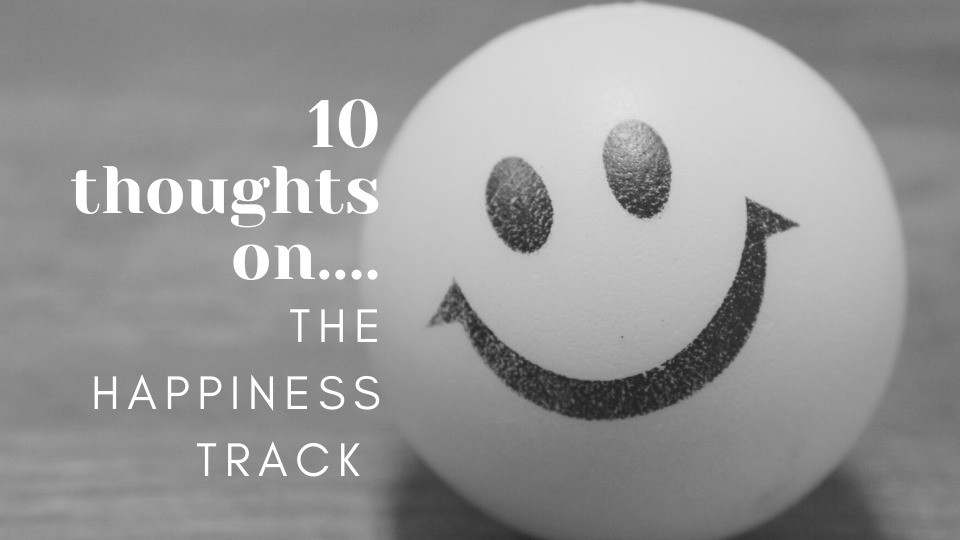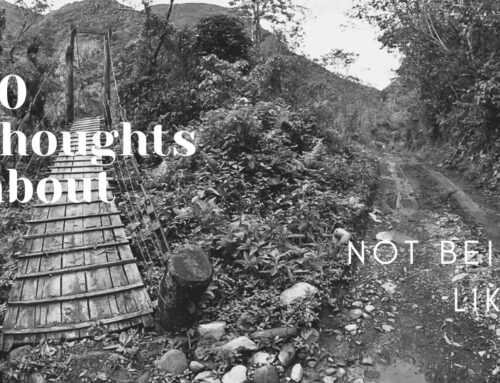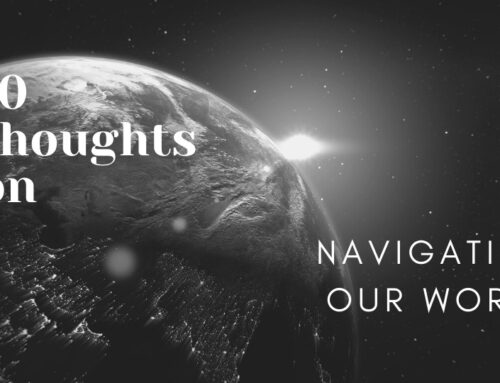My brother and I read this book at the same time – The Happiness Track by Emma Seppala. There was so much that we took from it, here are some points that really resonated with me.
1.“Multitasking, instead of helping us accomplish more things faster, actually keeps us from doing anything well. When you are performing any individual task, if you are able to give it your undivided attention, you will accomplish it far more efficiently and quickly while also enjoying the process.”
2. “As for negative states like anger or frustration, you’ll notice that they aries when your mind is caught in the past; whatever happened to make you angry is over, yet your mind is still dwelling on that event. Regret also has to do with the past. It’s a new day, a new hour, a new circumstance, but you’re still wallowing in a situation you wish you had handled differently.”
3.“While constantly focusing on the next thing or the next person may seem productive, slowing down and being present has far more profound benefits. By being present you will enter a state of flow that is highly productive and will become more charismatic, making people around you feel understood and supported.”
4. “Drive is a positive thing-in doses. The problem is that we are living in overdrive, and both science and our own personal experiences are showing us that we are paying a high price for it: chronic stress.”
5. “You may recognize that you purposefully call on it(stress) by overscheduling yourself, overcommitting and waiting until the last minute to complete projects – because you depend on anxiety to fuel yourself.”
6. “When someone emits “fear pheromones,” the people who come into contact with that person show greater activation in brain areas corresponding to anxiety and fear.”
7. “We have come to accept that we can’t succeed without living in overdrive; that we can’t succeed without stress. Yet we are mistaken. Research shows that stress actually stops us from being as successful as we could be. There is a better way: fostering resilience.”
8. Talking about an antelope who has just been chased by a lion, Emma writes “within minutes, therefore, her nervous system has calmed down to allow her to regain an optimal state in which she can restore her resources and energy. The key to her resilience is her ability to
- Quickly return to the restorative rest-and-digest state
- To remain in that state until an extreme life-threatening situation taxes her again
- To overcome the next challenge at full strength.
9. “Our intensity is not the only reason we experience burnout at work; other factors such as lack of challenge, variety or agency, also play a role. However, whereas you cannot always control these factors, the one thing you do have a say over is how you spend your energy.”
10. “Being calm does not make you less productive. Nor does it make you passive. Instead being calm allows you to get your work done while spending less energy than you otherwise would.”





